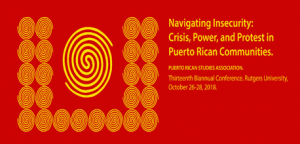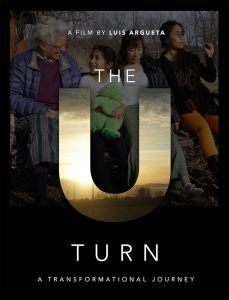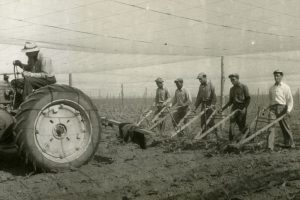Contributed by Ari Romano-Verthelyi

In the U.S., Latino children are more likely than non-minority children to have unmet mental health needs. In order to understand and promote Latino families’ treatment engagement, several studies have
examined the contribution of socio-cultural factors, identifying stigma as a key barrier. However, the term “Latino” encapsulates different national origins, which may differ in their attitudes towards mental health services. Indeed, Diguini, Jones, and Camic (2013) found that in Argentina perceived social stigma does not influence service-seeking behavior, and that Argentines hold fewer stigmas about seeking treatment than Americans. Other studies have echoed these findings, and added that neither financial status nor emigration affects stigma’s reduced impact on Argentines.
Thus, Argentina appears to be a country with low mental health stigma, the most psychologists per capita in the world, and yet still many of the same core cultural values as other Latin American countries. In light of this, greater understanding of Argentina’s mental health care culture, particularly in relation to recognition, referral, and treatment, could inform strategies for engaging Latino families from other nationalities in treatment. In particular, specific focus on the culture as it relates to the two most commonly-referred childhood disorders, Oppositional Defiant Disorder (ODD) and Attention Deficit/Hyperactivity Disorder (ADHD), may be especially informative as their prevalence has been found to be consistent across countries.
Unfortunately, few have examined this. Thus, the purpose of this phenomenological qualitative study was to explore Argentine professionals’ conceptualizations of the etiology, identification, and treatment of ODD and ADHD, as well as their consideration of socio-cultural factors such as stigma that might act as barriers and/or facilitators to care. Thus, twenty-five Argentine teachers, pediatricians, and mental health providers with experience working with children and adolescents were recruited as participants using the snowball sampling method. Data collection took place in Buenos Aires, Argentina in the summer of 2018. In order to explore themes that might not be reflected in established questionnaires, open-ended questions were asked in an audio-taped, semi-structured interview. Interviews are currently in the process of being transcribed, translated, entered into a qualitative data analysis package (NVivo 12; QSR International, 2010), analyzed using a constant comparison analytic strategy, and developed into a codebook.
Prior to commencing this project, my experiences with research occurred primarily in the context of other scientists’ projects: I collected data from participants in both English and Spanish, coded qualitative portions, conducted analyses on quantitative portions, and presented posters at conferences. Support from the Tinker Foundation gave me the incredible, invaluable opportunity of designing and leading my own investigation. Already I have gained experience writing up and obtaining IRB approval, successfully applying for additional funding from the J. Conrad Schwarz and Carolina Herfkens Fellowship, recruiting participants, and supervising undergraduate research assistants. I have learned that leading an investigation requires a great deal of patience and flexibility, whether you’re waiting to hear back from the IRB or trying to see if a participant can squeeze you in to her busy schedule. Yet, nonetheless, being at the helm of your own study is also exhilaratingly satisfying. I flew back from Buenos Aires with twenty-five signed consent forms, twenty-five encrypted audio files, and an immense pride in my hard work. I hope to share my findings both as a peer-reviewed journal article and as a poster at the Society for Research inChild Development’s Biennial Conference in March of 2019. Furthermore, I will be applying for additional funding to further explore commonalities and differences between the values and characteristics described by the target population in Argentina and their colleagues in the United States, thus paving the road for future research aimed to improve service access and utilization for Latino communities in the United States.




